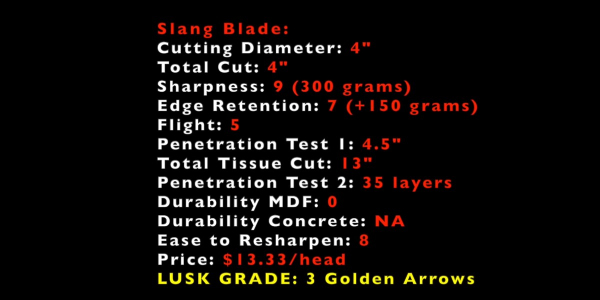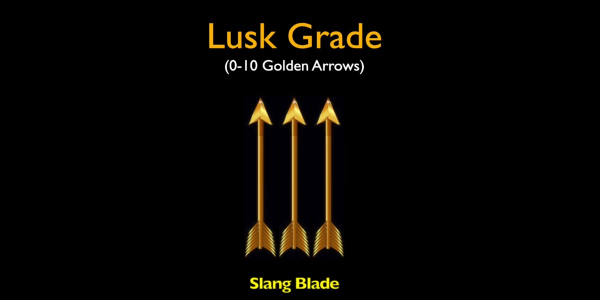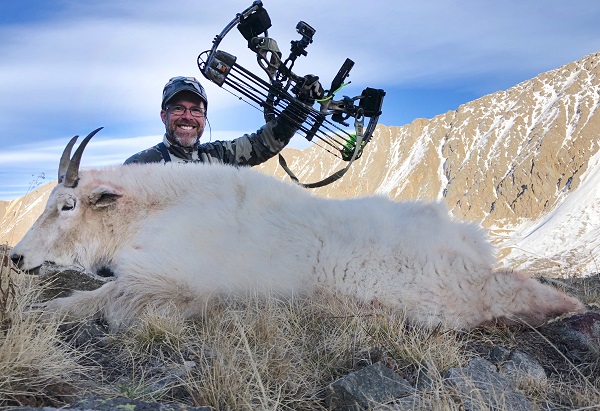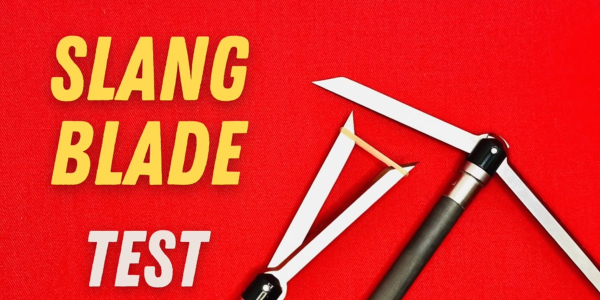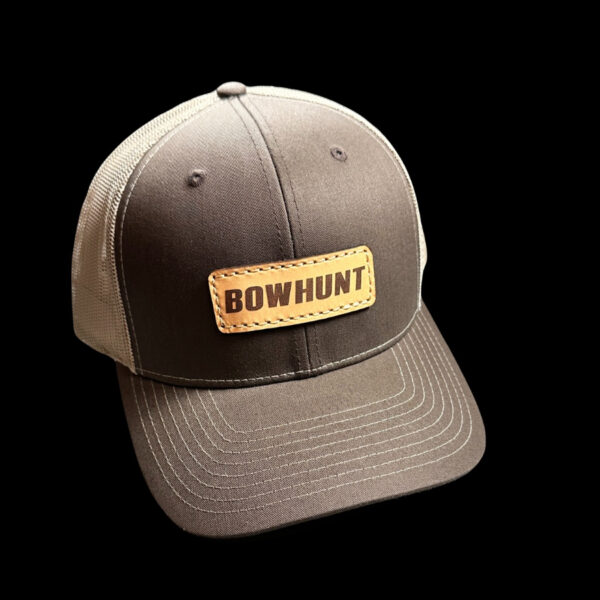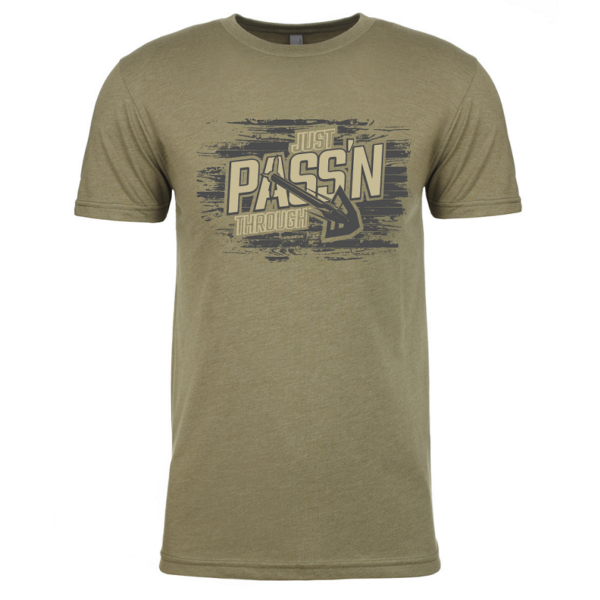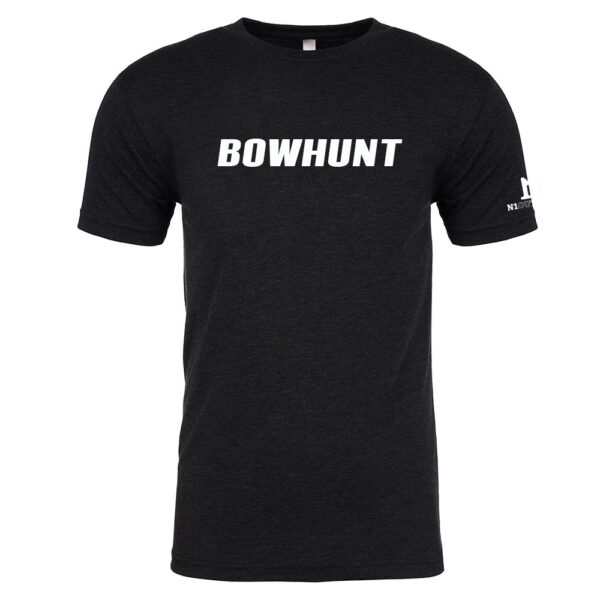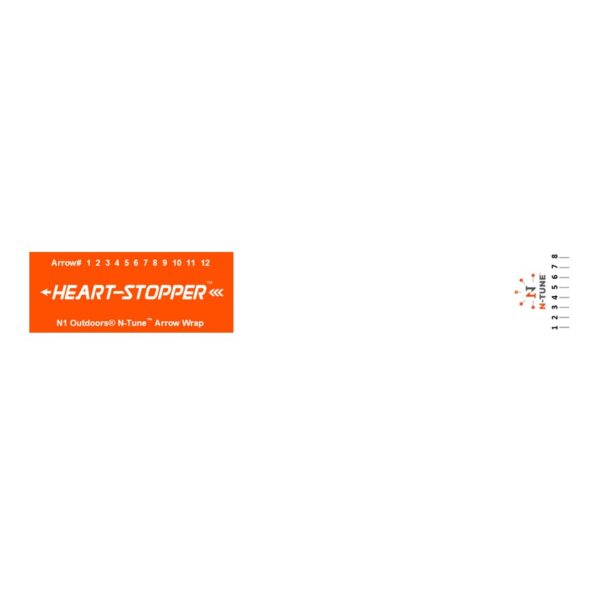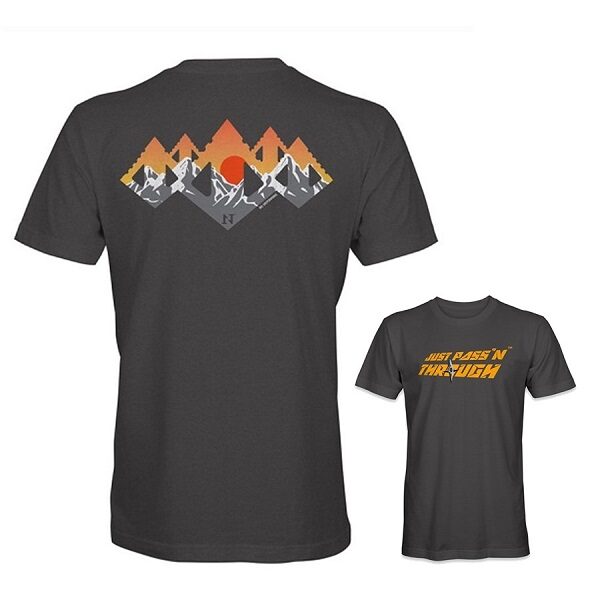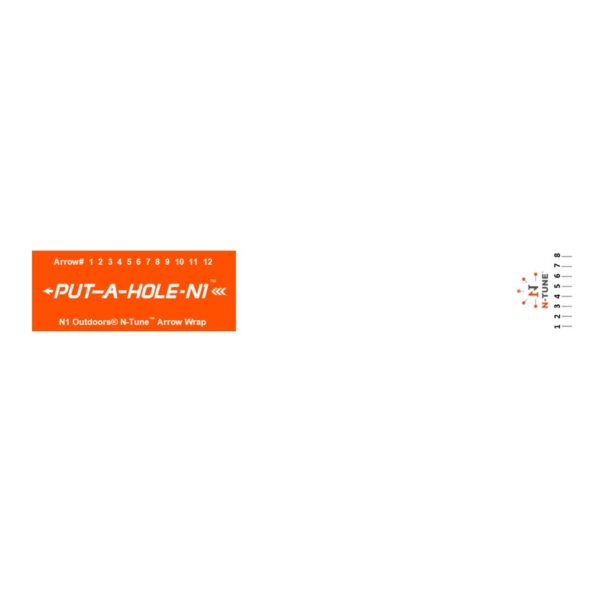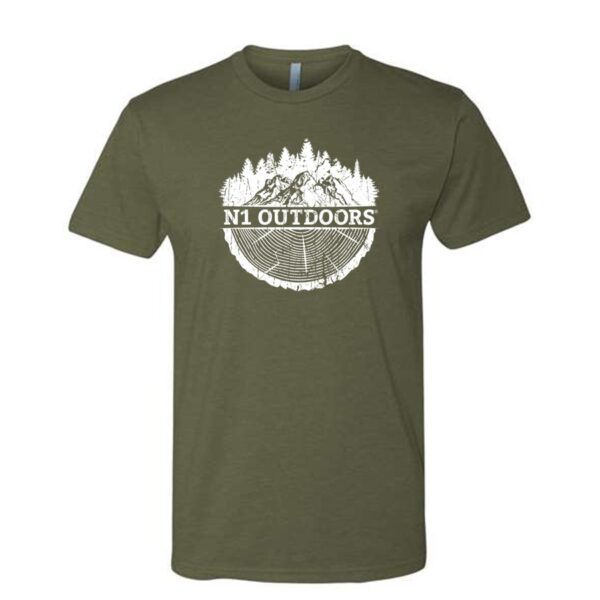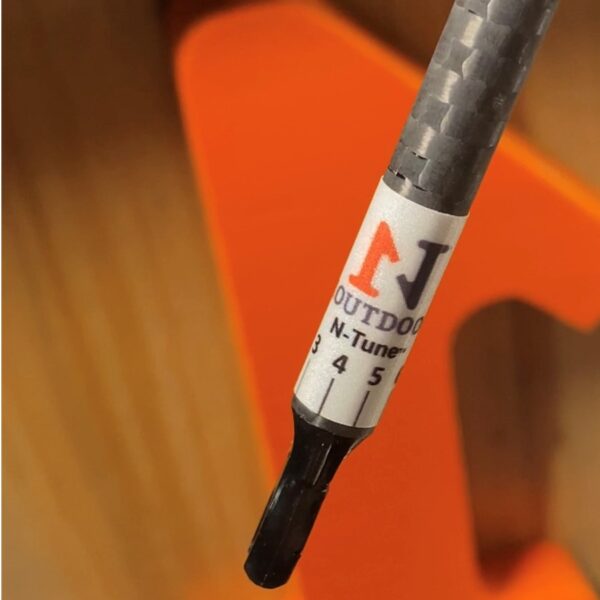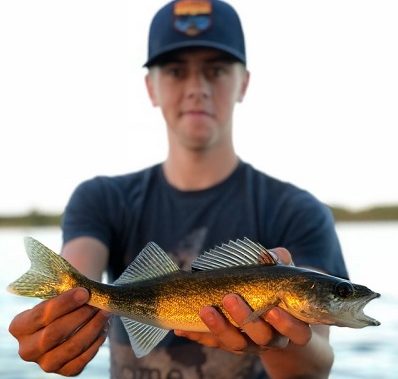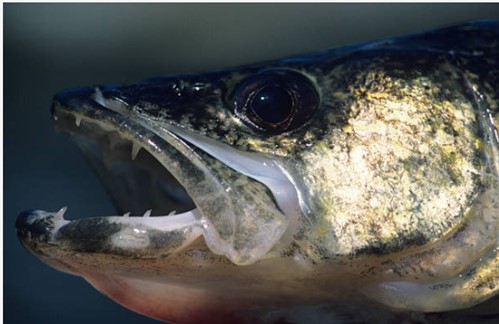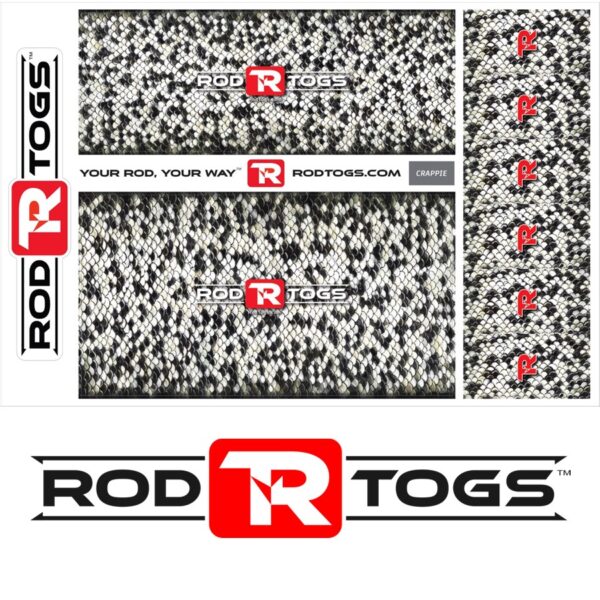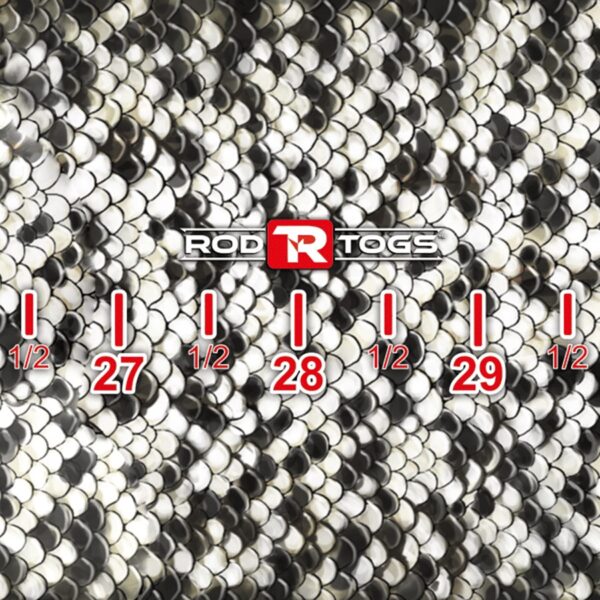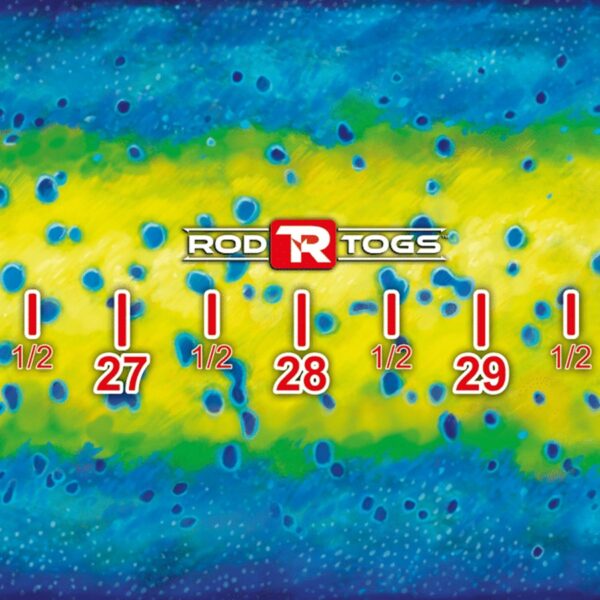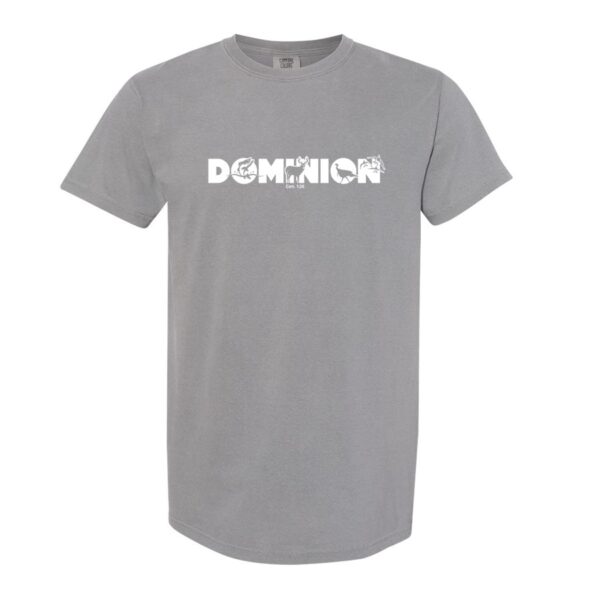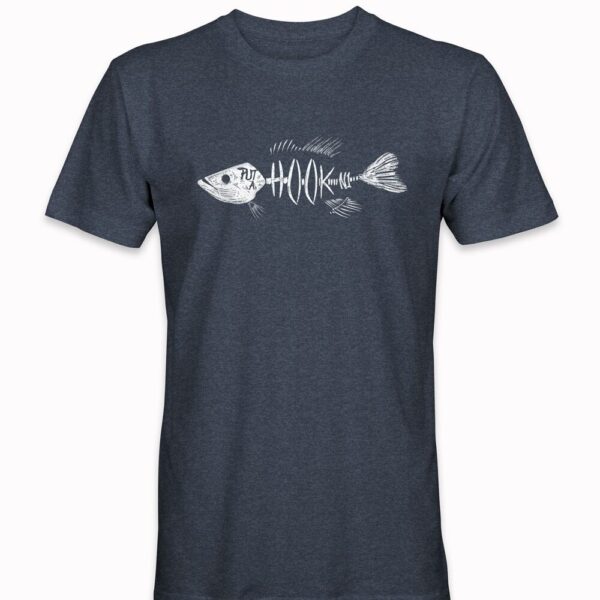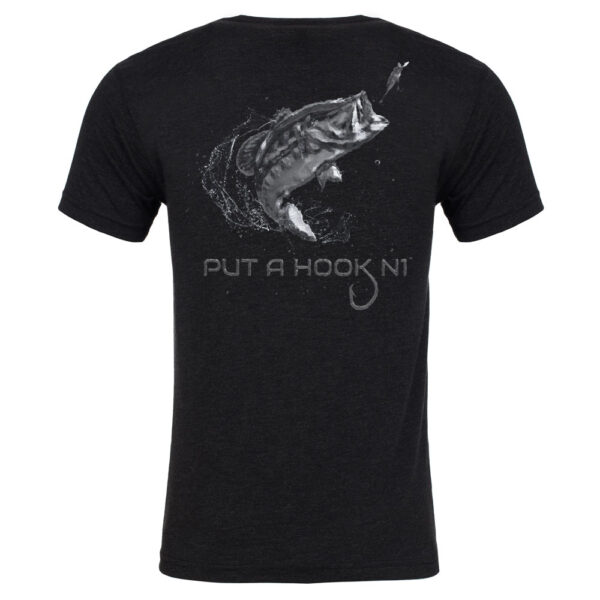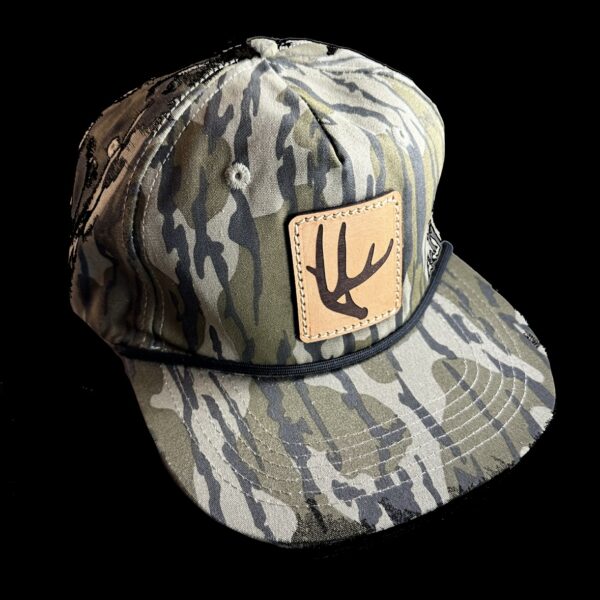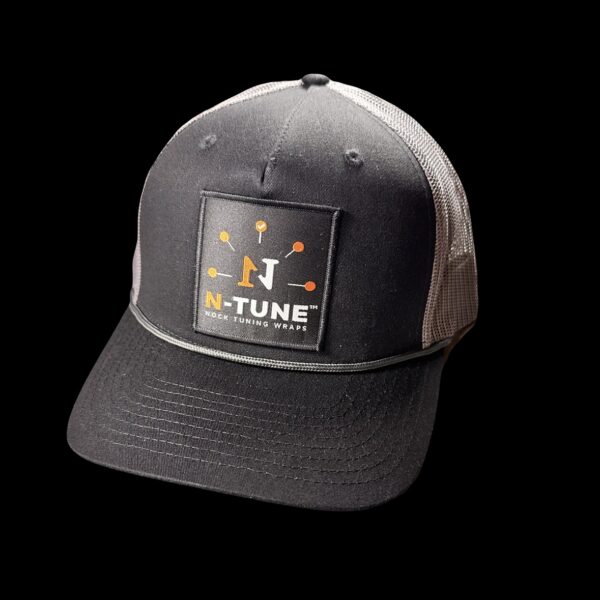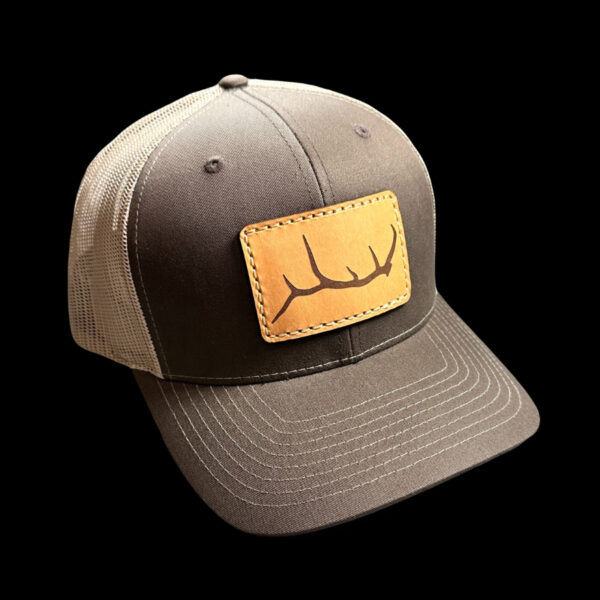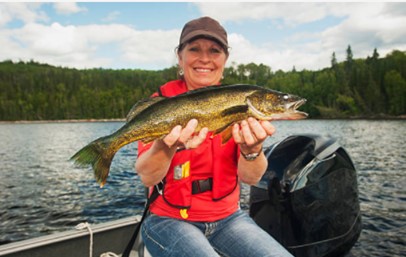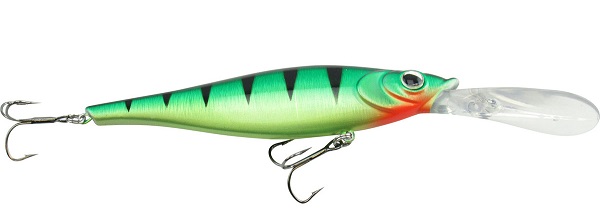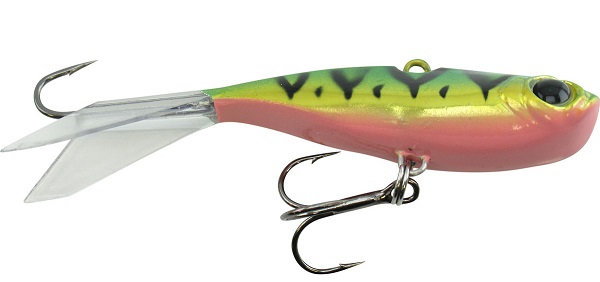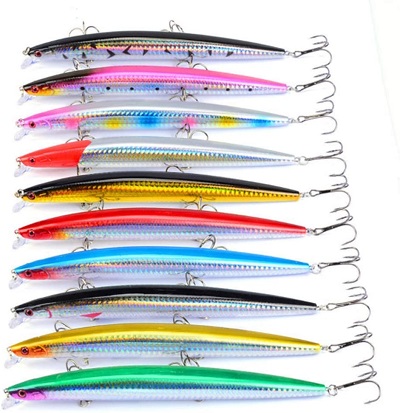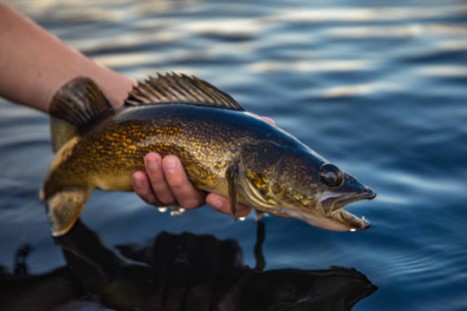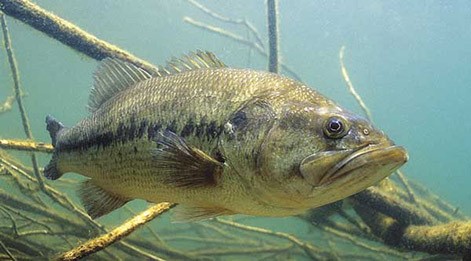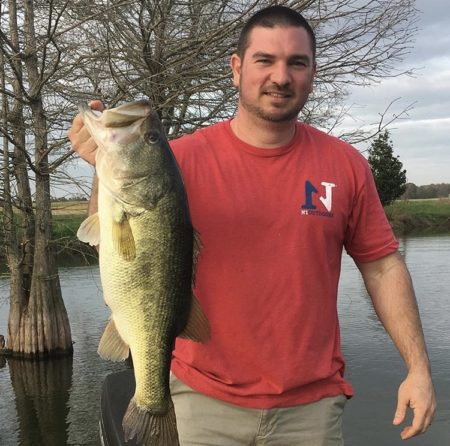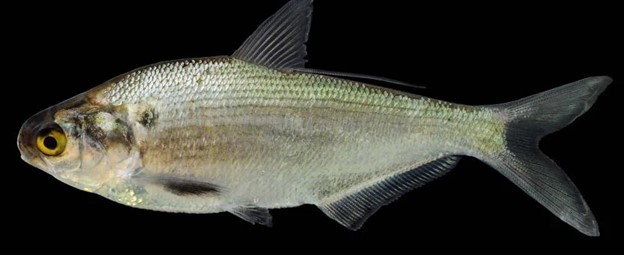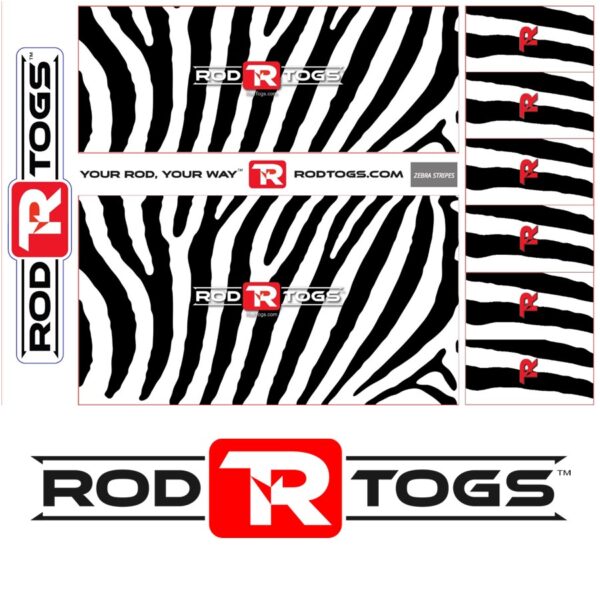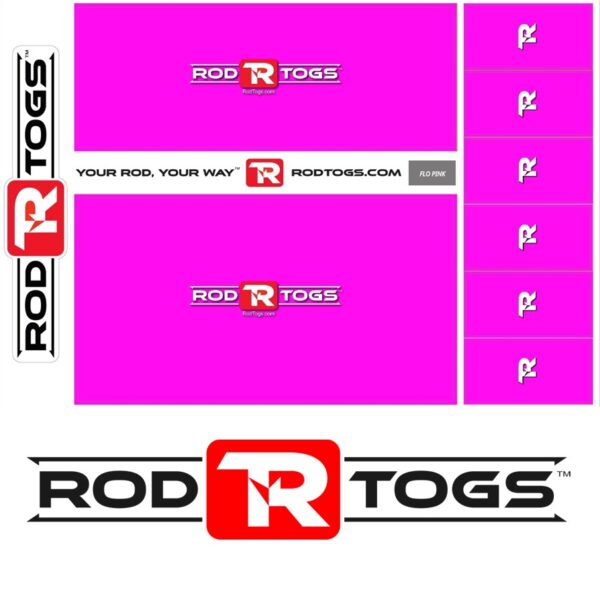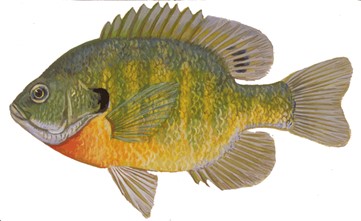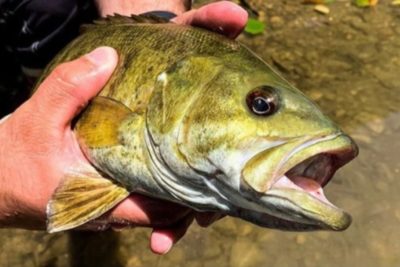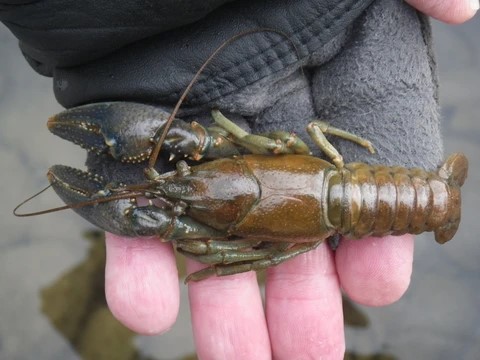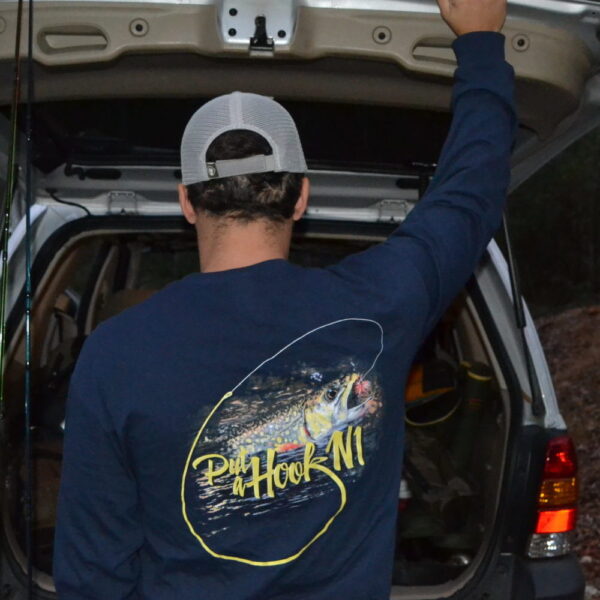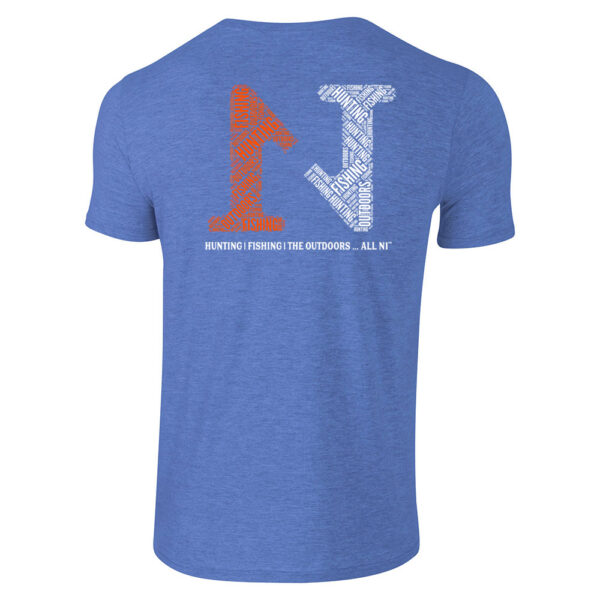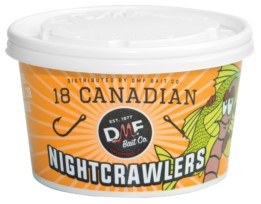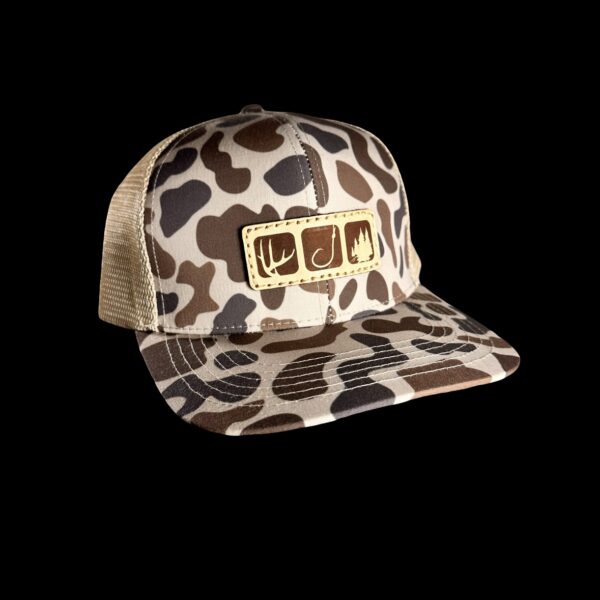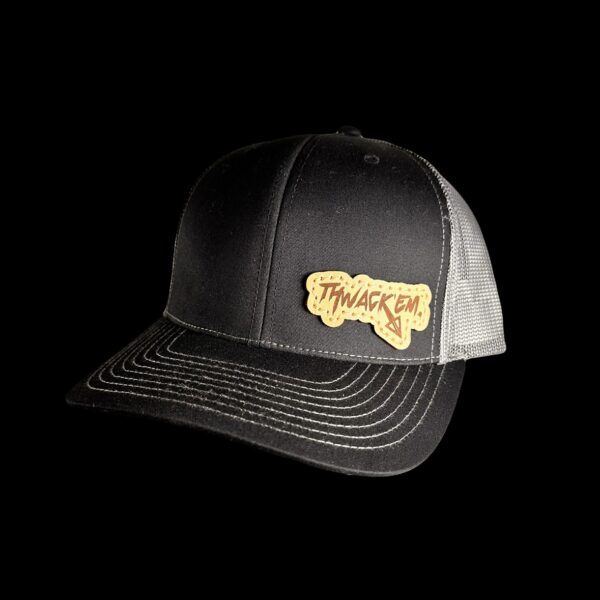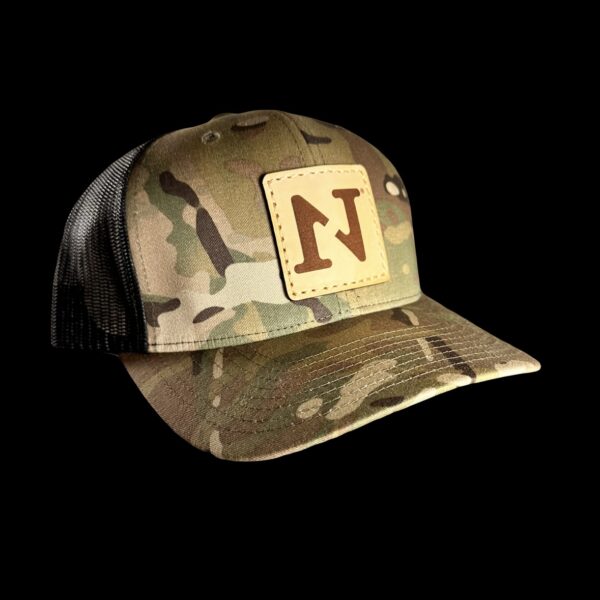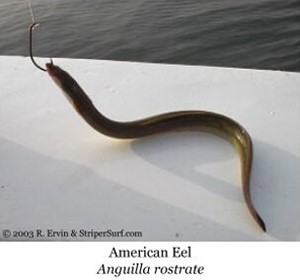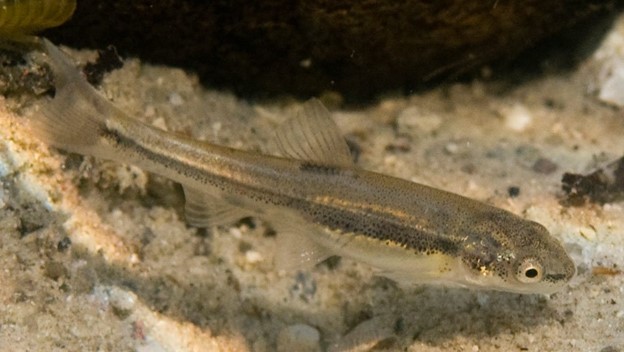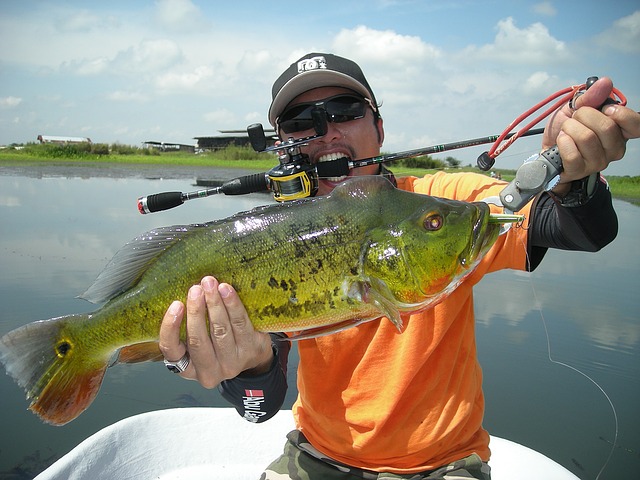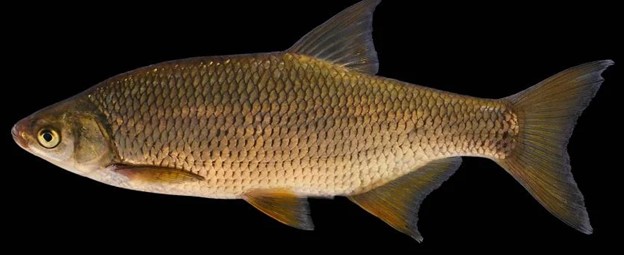Talk about a really weird, creative, and innovative broadhead!
I love testing this weird stuff, so I tested the Fire-N-The-Hole Slang Blade Broadhead.
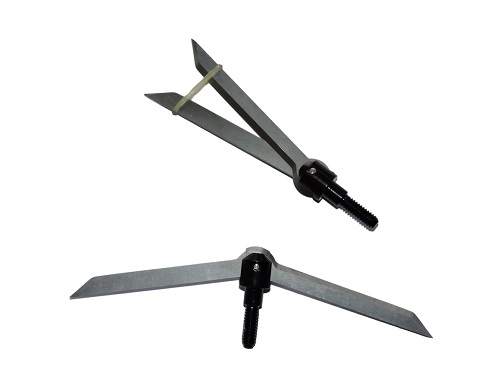
Talk about a wide cut! I couldn’t wait to start testing the Slang Blade broadheads and see how they measured up!
For this broadhead test, I used my Bowtech SR6 set at 72 pounds and Bishop FOC King Arrows for most of the testing and then the Bishop FAD Eliminators for the really hard impact tests.
If this is not the weirdest-looking thing you’ve ever seen, I don’t know what is!
But let’s go ahead and check out the Slang Blade closeup and then put it to all the tests.
The Slang Blade Broadheads Up Close
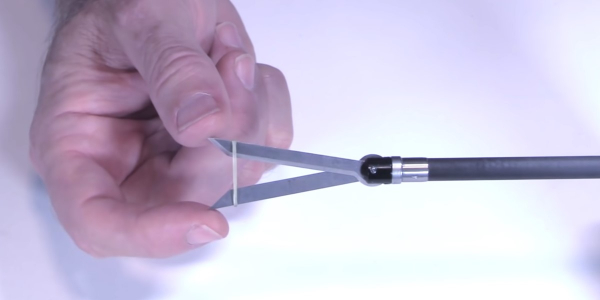
Here’s a good look at the Slang Blade. I had to have the camera zoomed out because once I open the blade, the head would not fit in the screen! In the closed position which it is in right now, believe it or not, it’s only 7/8 of an inch in cutting diameter. You can see the O-ring that holds the blades together.
The ferrule is aluminum and the blades are mad of stainless steel.
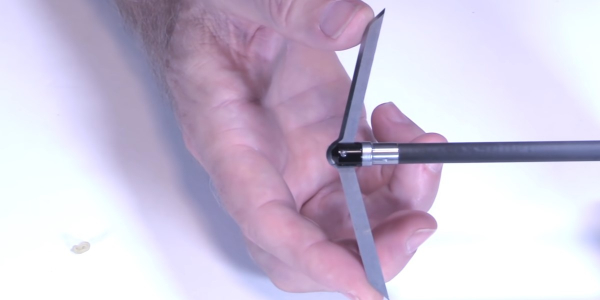
But, as it flies and penetrates, the O-ring is forced back and the blades open up to their full cutting diameter, which is 4 inches!
The blades are pretty thick. They are 0.052 inch thick by my measurements and they are single bevel.
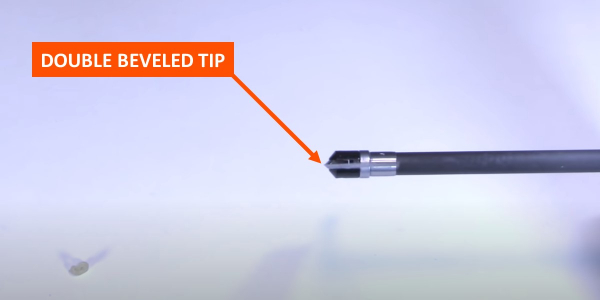
The tip, the edge, the bevel, continue over this circular portion which becomes the tip. However, when the two single bevels line up, they are double bevel right there at the top. So that makes the tip extra stout.
I had no idea how the Slang Blade was going to perform but I was eager to put it to the test! So, let’s see how it performed!
Initial Sharpness
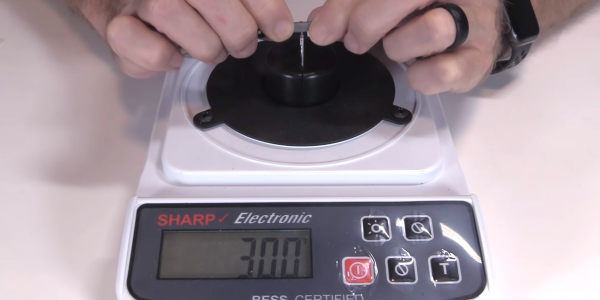
The initial sharpness of the Slang Blade out of the box was 300.
#ad
Flight Test
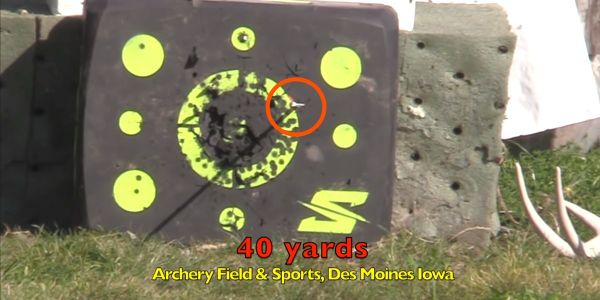
Here is the Slang Blade shot into my target from 40 yards away.
Penetration Test 1:
I shot the Slang Blade into ballistic gel fronted by 2/3″ rubber mat and 1/2″ MDF.
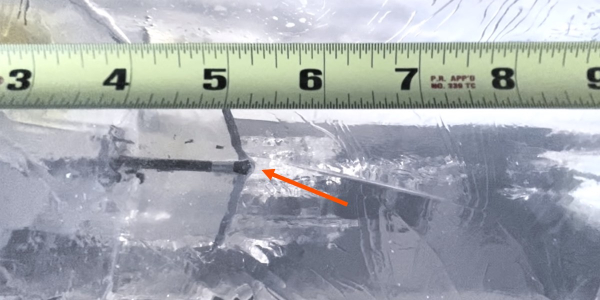
It penetrated 4-1/2 inches. I know it doesn’t look like it in this picture but that’s just because of the angle of the camera.
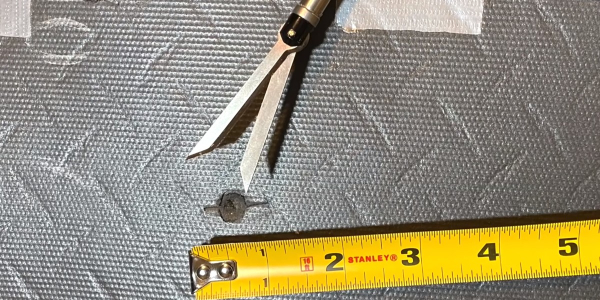
Here’s the entrance hole in the rubber mat. It was just its closed position at entrance.
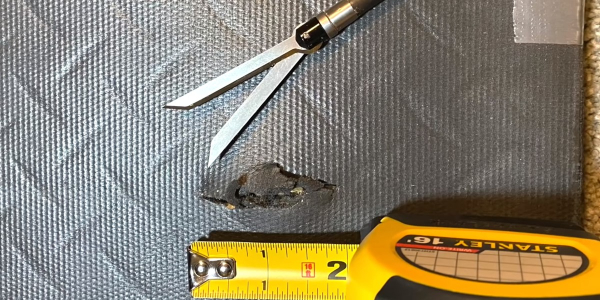
And then here’s the exit on the back of that first layer of MDF and rubber foam mat. It opened up to 2 inches.
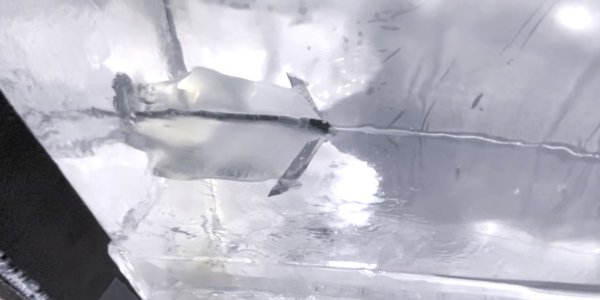
Here’s a really good shot of the wound channel. You can see that after about 1 inch into the gel, it reached its full opening position there of 4 inches and it stayed that way for the rest of the penetration. So, it took 2 inches to get to its full position and then it cut for another 2-1/2 inches after that.
Edge Retention Test:
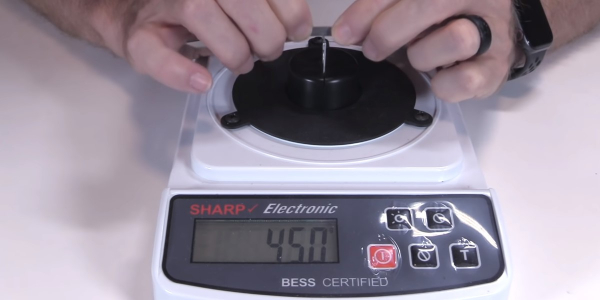
The blade sharpness was 450 after the ballistic gel test.
Penetration Test 2: (layered cardboard)
I shot the Slang Blade into layered cardboard to see how many it could penetrate.
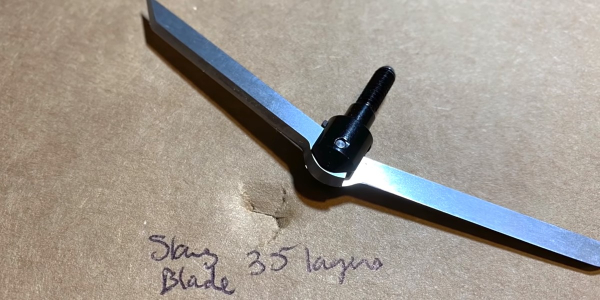
It penetrated through 35 layers of cardboard.
Durability Test: (1/2” MDF)
Below is a look at what happened when I shot the Slang Blade into 1/2″ MDF board. I broke a blade (this has only happened one other time).
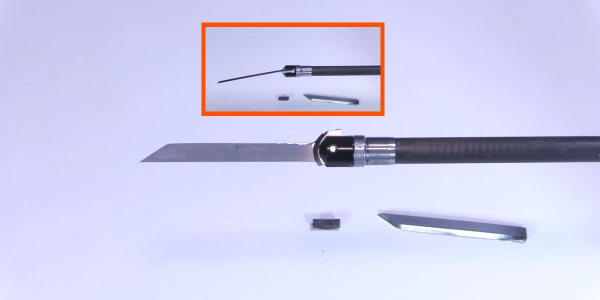
As you can see, one of the blades just came completely off. And then part of the base broke off as well. I’m not sure why that happened. And then the other blade that stayed intact got significantly bent. To be honest, I’m not super surprised, but I thought maybe it would hold up to at least one shot through the MDF. But that was not the case.
Slang Blade Broadheads Review Final Thoughts
So what do you think of the Slang Blade? I’ve got to give props to Fire-N-The-Hole for coming up with a creative, innovative design.
And, I love that wicked wound channel. It was cool to see that in the gel as well as in the cardboard.
It only penetrated through 12 of the layers of cardboard, but man, it cut its full width. With that 4 inch wide cut, it has an impressive cutting diameter.
But the flight and the durability of this head are severely lacking.
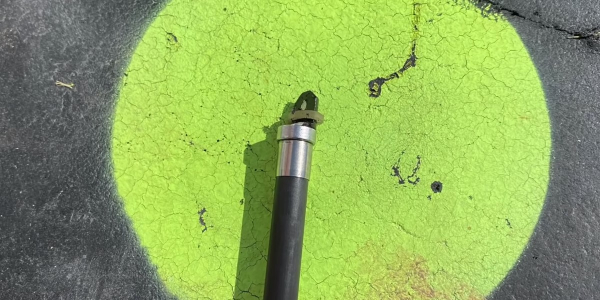
You saw the lack of durability in the MDF test. But, also when I was shooting it into my target at distance, on the third shot, it lost both of its blades.
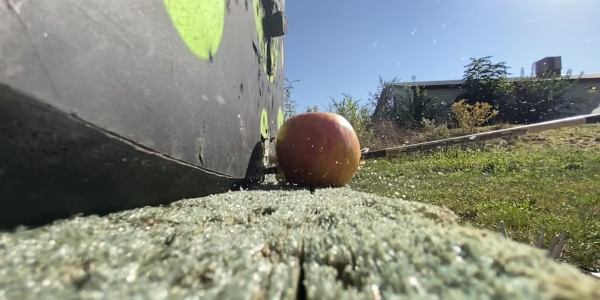
I thought I’d do something cool and shoot through an apple but it didn’t even open on the apple. So, it didn’t do anything more than a field point would have done. In addition, the blades got really messed up after that as well.
I didn’t even do the concrete test where I shoot into a cinder block and see how a head holds up, because honestly, I thought it would be irresponsible. I didn’t want that much blade just flying all over my house and back at me!
So, if you’re trying to choose a broadhead, check out the score sheet and see how it performed in the areas that matter to you the most.
